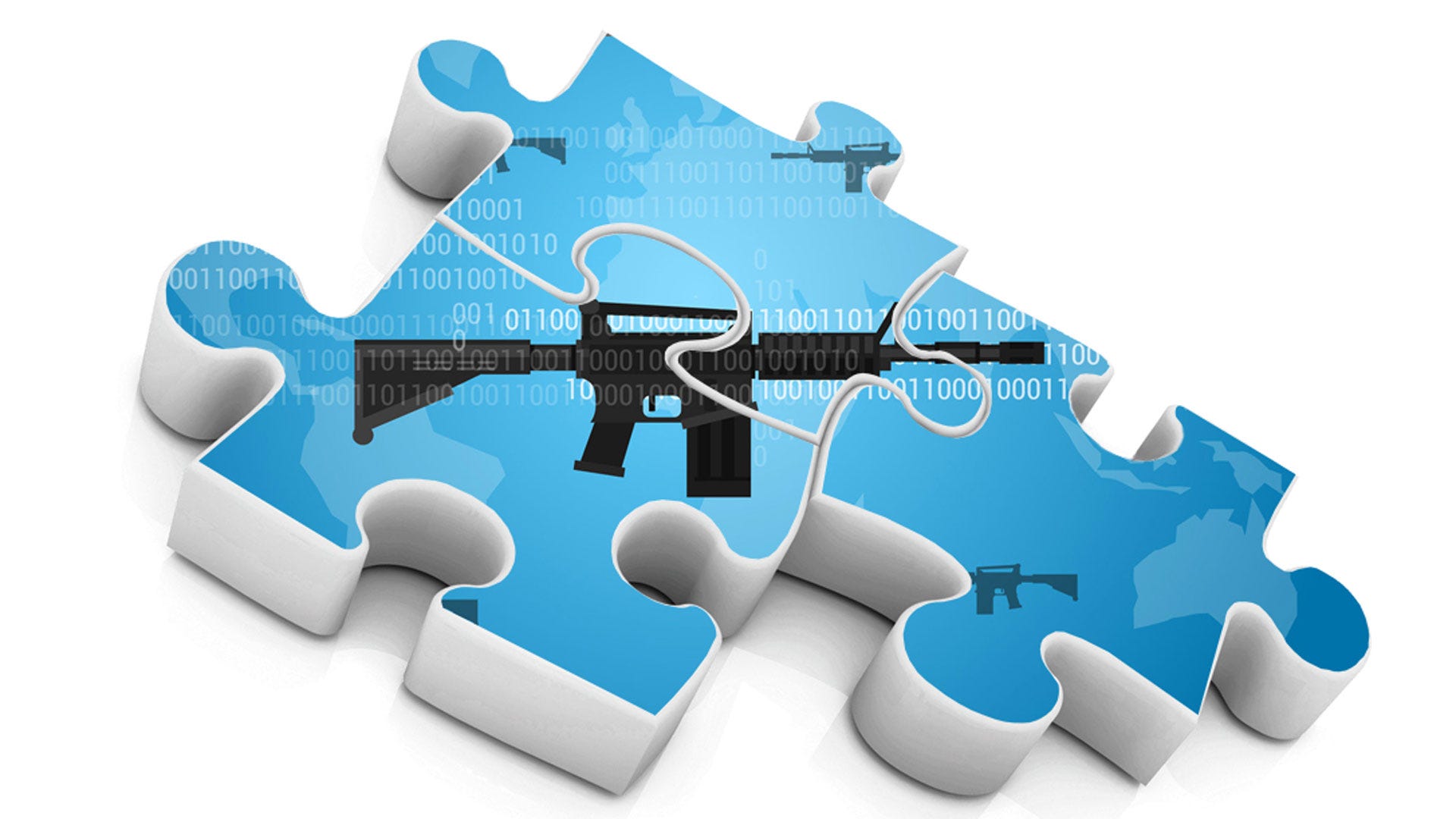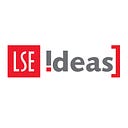Shifting the Dial on Foreign Policy: What it Takes to Reach and Maintain Success
LSE IDEAS round-table update

GLOBAL STRATEGIES PROJECT
Shifting the Dial on Foreign Policy: What it Takes to Reach and Maintain Success
Summary of a Round-Table Discussion in June 2018 on Lessons from Negotiating the Iran Nuclear Agreement
In June 2018, LSE IDEAS arranged a discussion on the 2015 Joint Comprehensive Plan of Action between major world powers and Iran, with the aim of identifying why the talks succeeded, and what would be needed to enable the UK to take a leading role in a similar diplomatic initiative in future. The discussion, chaired by Rt Hon Alistair Burt, Minister of State at the Department of International Development and the Foreign & Commonwealth Office, brought together parliamentarians, FCO officials, former practitioners, and academics.
A list of participants appears below. This summary reflects the overall sense of the discussion, but no participant is in any way committed to its specific content.
The JCPoA was a triumph of long-term, painstaking diplomacy. In the 12 years between the disclosure of Iran’s nuclear programme in 2003 and conclusion of the JCPoA in 2015, the existence of a sustained diplomatic process meant that the opportunity for agreement remained available when the perceived interests of all the powers involved finally (and temporarily) became aligned.
Divergence between the US and Europe over Iran has been the norm on Iran policy. Following the initiative by the UK, France and Germany (with the EU) to start talks in 2003, the second George W. Bush, and then the Obama, administrations moved gradually to a policy of engagement with Iran. On the Iranian side, after the end of Ahmadinejad’s presidency in 2013, and enhanced sanctions imposed from 2012, the new president Rouhani won his argument with revolutionary hardliners that compromise was essential for the stability of the Iranian state.
The JCPoA was made possible by a particular moment in Iran when both sides of the regime had an interest in a reduction of tension. Agreement was achieved only because it was narrowly focused: China and Russia would not have signed up for a broader proposal that covered Iran’s policies in the region, and its ballistic missile capability. However, the JCPoA was underwritten by the US and European assumption that there would be a wider impact on Iranian strategy as the country re-engaged in international diplomacy. This wider integrative effect was effectively resisted by Iran’s supreme leader.
The long trajectory of the Iran nuclear talks demonstrated the need for patience, and the value of continual engagement. It is easy to overestimate how much immediate influence can be brought to bear. Maintaining a continual process, even when no progress is apparent, helps to get messages in and to generate understanding, relationships and expertise.
Sticking to objectives is also important. It is difficult for allies of the US to be consistently on the opposite side of an argument with Washington, and it took some years before the Bush administration fully accepted the case for talking to Iran. A joint European position was indispensable for maintaining the case for engagement with Iran.
Technical expertise was essential. The negotiations covered many complicated questions. Iran was pursuing a wide range of nuclear activities, and simply following the details of its uranium enrichment, plutonium production, and weaponisation activities required input from a number of UK experts. The FCO’s specialist Research Analyst cadre provided critical expertise and consistent engagement.
The effective use of sanctions required expert knowledge of nuclear and missile technology, banking and insurance, shipping and aviation, and the oil market. Legal expertise was needed for putting sanctions in place, and economic advice for assessing their impact.
It was also important in all these areas to have good intelligence. The UK government had to deploy all its technical, sanctions, and intelligence resources to ensure that the knowledge it had was coherently applied in the formulation of policy.
The UK’s diplomatic network was fully stretched by the number, and different types, of players involved in the negotiations: states taking part directly in the talks, international organisations, and other countries with a strong interest in the outcome.
A large number of states were directly involved: initially the UK, France, Germany and Iran, later joined by the US, Russia and China. Cooperation between the UK, France and Germany, helped by a determination to avoid the differences that had arisen over Iraq, presented certain challenges. These were immaterial, however, compared with the challenge of cooperation with the US on one side, and the Russians and Chinese on the other.
The second set of players were international organisations. The International Atomic Energy Agency had an essential role throughout, as the only organisation sending inspectors to Iranian nuclear facilities. The UN became involved from 2006 once it was decided to impose sanctions on Iran. And the European Union became pivotal as the UK, France and Germany sought support from other EU states for sanctions, and as its High Representative became the accepted coordinator for negotiations with Iran.
Other countries with a stake in the outcome included Israel and the Gulf Arab states. Their concerns had to be monitored constantly, and the UK’s position explained to them. Further afield, the UK had to engage with Turkey, as Iran’s neighbour, and India and Japan as oil importers.
Communicating with and seeking to influence all these players taxed every part of the FCO’s network: embassies in the capitals of the UK’s negotiating partners, missions to the IAEA, the UN and EU, and embassies in countries with a keen interest in Iran or which had seats on the IAEA Board or the UN Security Council.
The prolonged nature of the Iran negotiations meant that the politics of the problem were continually shifting. In Iran, the talks spanned the presidencies of Khatami, Ahmadinejad, and then Rouhani, in the US, the Bush and Obama administrations. This required continuity, resilience, and political support. The UK, in contrast to the US, benefitted from consistent political support for the search for agreement with Iran.
The experience of the Iran nuclear negotiations suggests that if the UK were to undertake a similar project in future, it will need to maintain a broad based of expert technical, sanctions and intelligence knowledge, an extensive diplomatic network, and the potential for parliament and successive governments to provide long-term political support.
The UK also has to deliver, along with its partners, on its commitments. The withdrawal of the US from the JCPoA has left uncertain whether the remaining parties to the agreement can make it work.
Hugh Sandeman
PARTICIPANTS
Rt Hon Alistair Burt Minister of State, Department of International Development, and Foreign & Commonwealth Office
Andrew Barlow Formerly Non-Proliferation Research Analyst, FCO
Gordon Barrass Visiting Professor, LSE IDEAS
Crispin Blunt MP for Reigate
Christopher Coker Professor of International Relations, LSE / Global Strategies, LSE IDEAS
Neil Crompton Director, Middle East and Africa, Foreign & Commonwealth Office
Sir Richard Dalton Former HMA to Iran
Jon Davies Chief Executive, Commonwealth Parliamentary Association
Toby Dodge Professor of International Relations, Head of Middle East Centre, LSE
Ben Fender Head of Security Policy Department, FCO
Nicholas Hopton Former HMA to Iran
Nia Griffith MP for Llanelli
Rt Hon Lord Lamont Formerly Chancellor of the Exchequer
Kathy Leach Joint Head, Policy Unit, FCO
Hugh Sandeman Global Strategies, LSE IDEAS
Rt Hon Jack Straw Formerly Foreign Secretary
Liane Saunders Strategy Director and Strategic Programmes Coordinator, FCO
Sanam Vakil Professor of Middle East Studies, SAIS Europe
Nadhim Zahawi MP for Stratford on Avon
